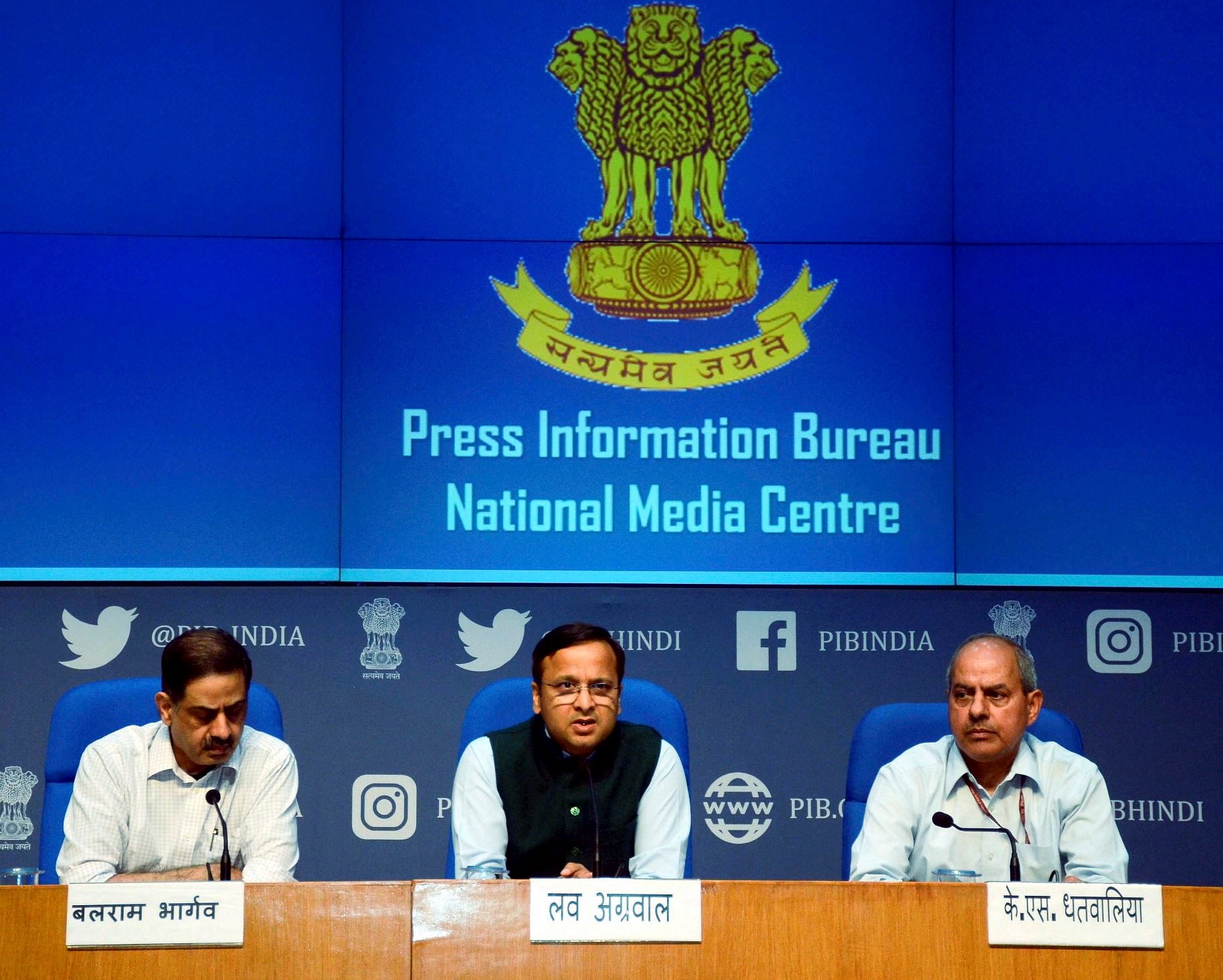
On a day that witnessed the highest ever spike in COVID-19 cases, the Health Ministry has decided to conduct a population-based sero-survey in select districts across the country to monitor the trend of the prevalence of infection.
The Health Ministry announced plans to conduct district-level facility-based surveillance for COVID-19 in addition to the routine testing as per current guidelines.
The number of confirmed COVID-19 cases jumped by 4,213 to reach 67,152 across the country, while the death toll rose by 97 to reach 2,206, the health ministry said on Monday morning.
“Besides facility-based surveillance, ICMR/NCDC in collaboration with key stakeholders and state health departments is initiating a population-based sero-survey in selected districts representing case detection across the country,” the ministry said.
A sero-survey involves testing of blood serum of a group of individuals to monitor trends in the prevalence of novel coronavirus or SARS-COV-2 infection at the district level.
A sero-survey help health authorities to assess the extent to which COVID-19 infections have spread throughout the country undetected.
The surveillance unit will consist of 10 health facilities (including 6 public and 4 private) from each district. Among the low-risk population, outpatient attendees (non-ILI patients) and pregnant women will be tested while among the high-risk population healthcare workers will be surveyed.
At least 100 samples per week and 400 per month from selected districts among the high- risk population, 50 samples per week and 200 per month of outpatient attendees (Non-ILI patients), as well as pregnant women will be collected.
The survey will include a total of 200 samples per week and 800 samples per month for the purpose.
Throat and nasal swabs will be collected for RT-PCR tests and samples tested in a one time pool of 25.
However, the ministry said, results of this sample pooling are only for surveillance purposes. It should not be used for diagnosis of individual patients.
“In addition to throat/nasal swabs, blood samples should be collected for detecting IgG antibodies for ELISA testing. In subsequent rounds, IgG ELISA-based testing of serum samples will replace RT-PCR based testing for surveillance purposes,” said the ministry.
The data will also be analyzed locally for action using standard indicator formats. Indicators for person, place, time and trend analysis will be made.
The surveillance will be carried out jointly by the district and state health administration, Integrated Disease Surveillance Programme, National Centre for Disease Control, Indian Council of Medical Research institutes, community medicine departments of medical colleges and public health institutes.
